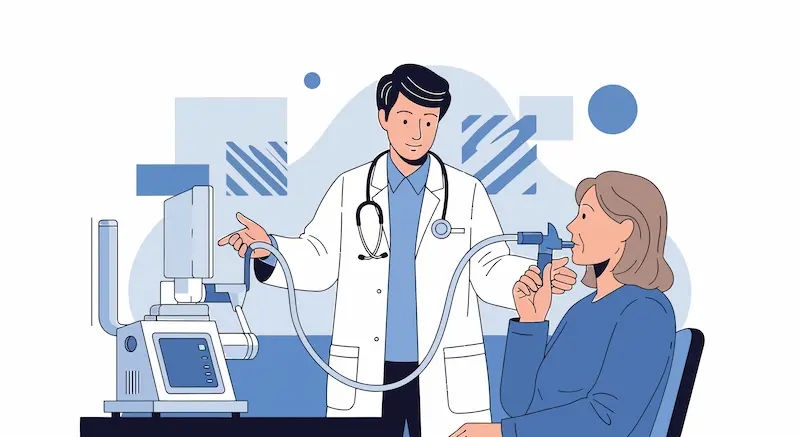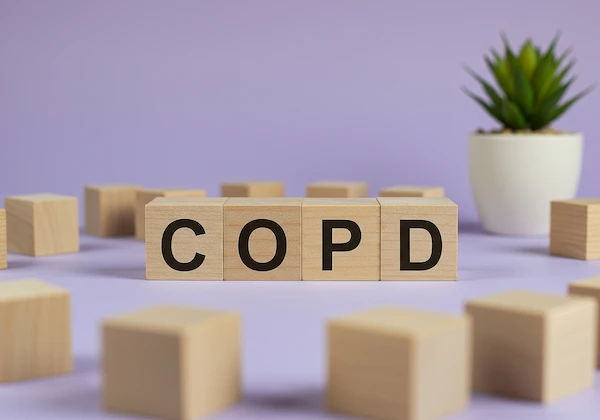- Female
- 21 Years
- 20/02/2025
I've recently been diagnosed with COVID-19 and while the fever, diarrhea, and vomiting are gone, I'm really worried about some new symptoms. I'm dealing with severe chest pain, chest tightness, and breathing problems. Right now, I'm on mechanical oxygen support at home. My PT and D-Dimer plasma levels are pretty high, and there's a concern about pulmonary embolism. I've been having excessive sweating for the past two months, leg cramps, and some occasional swelling, which is concerning me even more. My chest X-ray came back clear, but I read that X-rays might not always catch a pulmonary embolism. Could you tell me what I should do next and what would the treatment be if it is a pulmonary embolism?
More Pulmonology/ Respiratory Medicine Health Queries
View allI'm a bit worried about my breathing sometimes. I had a stent implant about 3 years back and I've noticed that when I catch a cold or have a cough, it becomes hard to breathe. My doctor gave me a few medicationsBudecort 200, Esiflo 250, Tiova, and Leveloinbut I usually just take Budecort 200 whenever I feel it's needed. Is this okay to do, or should I be taking all the prescribed medications regularly?
Yes,continue budecort 200 sos for breathing difficulty.
read more![Doctor 1]()
![Doctor 2]()
Answered by 1 Apollo Doctors
I'm having a really hard time breathing at night and when I'm in places that aren't ventilated. It's been going on for a few months now. Should I be worried, and what might be causing this?
anxiety or stress issue
read more![Doctor 1]()
![Doctor 2]()
Answered by 1 Apollo Doctors
I'm trying to understand the treatment for miliary tuberculosis and pulmonary tuberculosis. Are the medications used the same for both conditions, or do they require different prescriptions? I'm a bit worried and need to know if there's a difference in treatment plans. Can you provide some clarity on this?
The treatment between miliary tb and pulmonary tb i.e medications are same , only difference is the duration of treatment .For miliary tb duration vary around 6-9months,but may be extended to 9-12 months, in pulmonary tb treatment varies from 6-9 months.
read more![Doctor 1]()
![Doctor 2]()
Answered by 1 Apollo Doctors
Disclaimer: Answers on Apollo 247 are not intended to replace your doctor advice. Always seek help of a professional doctor in case of an medical emergency or ailment.






